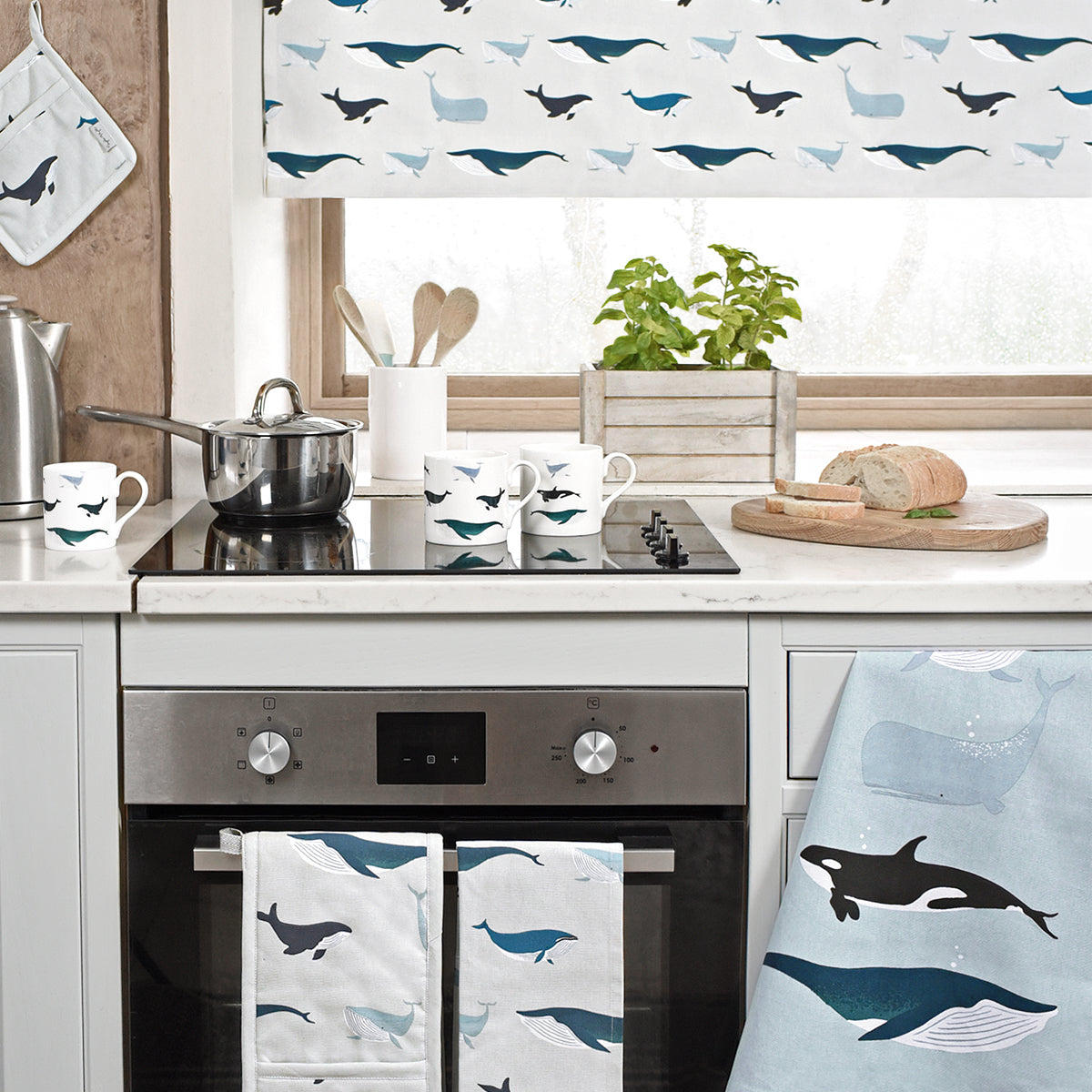World Whale Day falls on Sunday 20th of February this year and to celebrate these remarkable marine mammals we've got an insightful Q&A with the CEO of the Whale & Dolphin Conservation, Chris Butler-Stroud. Read on to find more about the Whale & Dolphin Conservation, what you can do at home to make a difference for whales and dolphins around the world, and we've even got some Whaley fun facts!
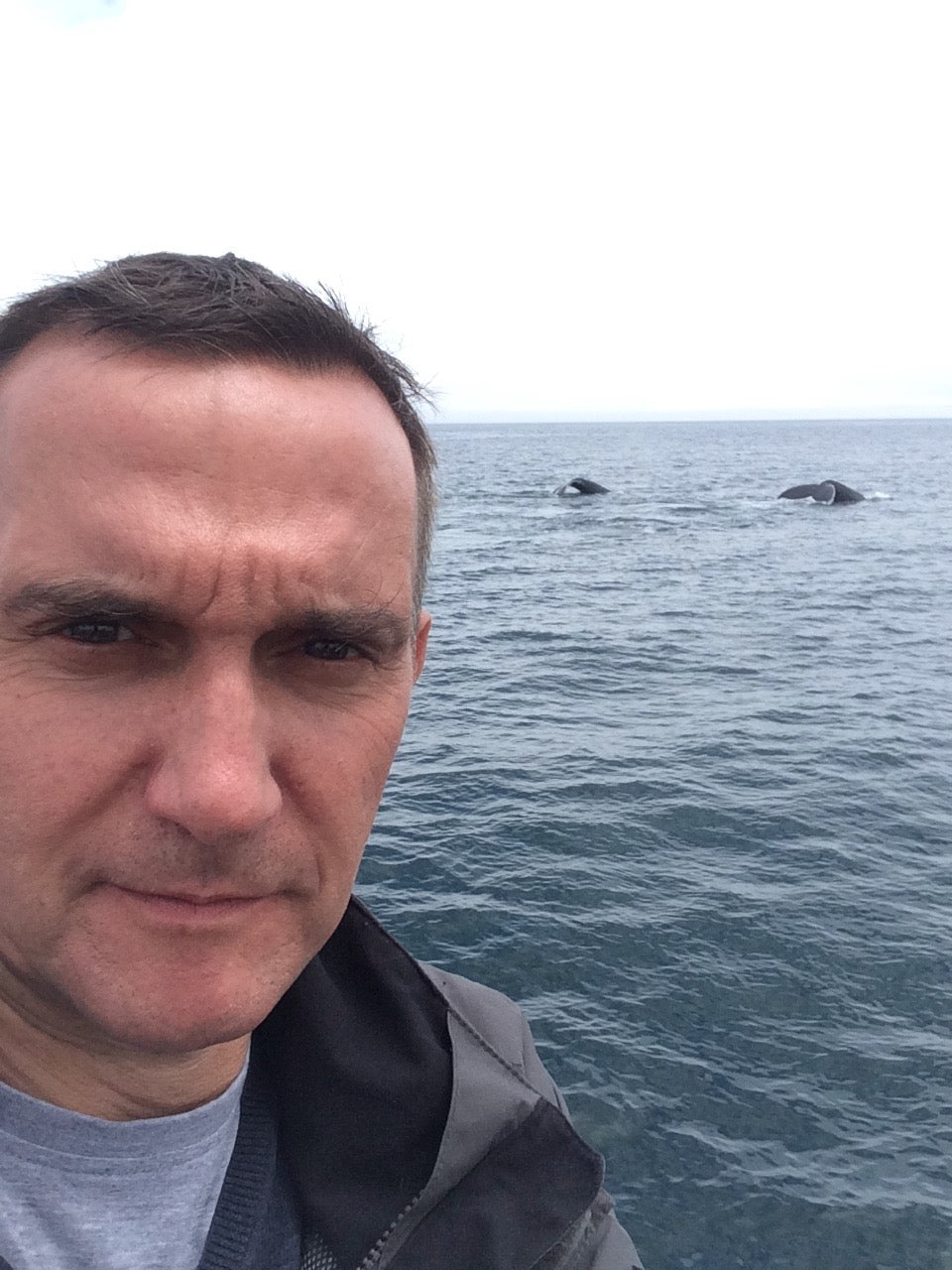
What is your background / tell us a little bit about yourself?
I joined WDC in 1992 as a researcher and have, alongside dedicated colleagues, worked to build up WDC’s campaigning, research and advocacy work. It has been my privilege to support the WDC team as their CEO for several years.
Before joining WDC, I had incarnations as an RAF officer, and I then studied geology and even had a short career in advertising. An esoteric mix of qualifications I know, but they all helped prepare me for my career in conservation because, like many roles, they were all about problem-solving – just that in this case it’s solving problems with regard to protecting the lives of some of the world’s most remarkable creatures.
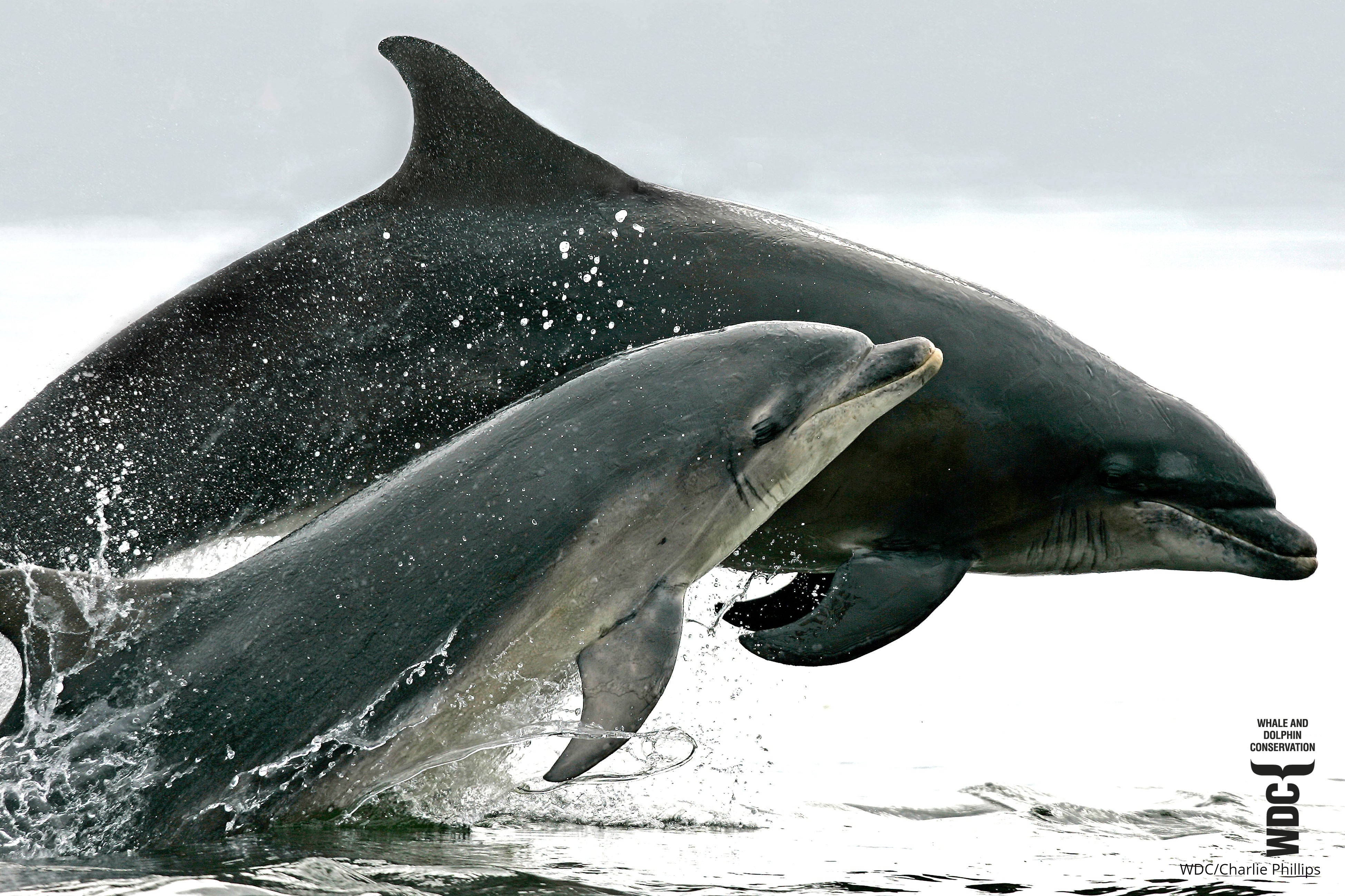
Image credit: Charlie Phillips
What are WDC’s ultimate goals?
We want to see a world where every whale and dolphin can be safe and swim free; free of all the threats humanity has thrust upon cetaceans in the way of bycatch, capture for captive display and whaling, but also free from the tide of plastic, noise and other pollutants we have filled the Ocean with over the last century.
We want whales and dolphins to be accorded the status of an ‘international public good’, recognised for the service they provide the Ocean, other wildlife and humanity, as allies in our battle to mitigate the climate crisis. We also want them to be recognised as individuals, non-human persons, worthy of protection for who they are, and not what they are.
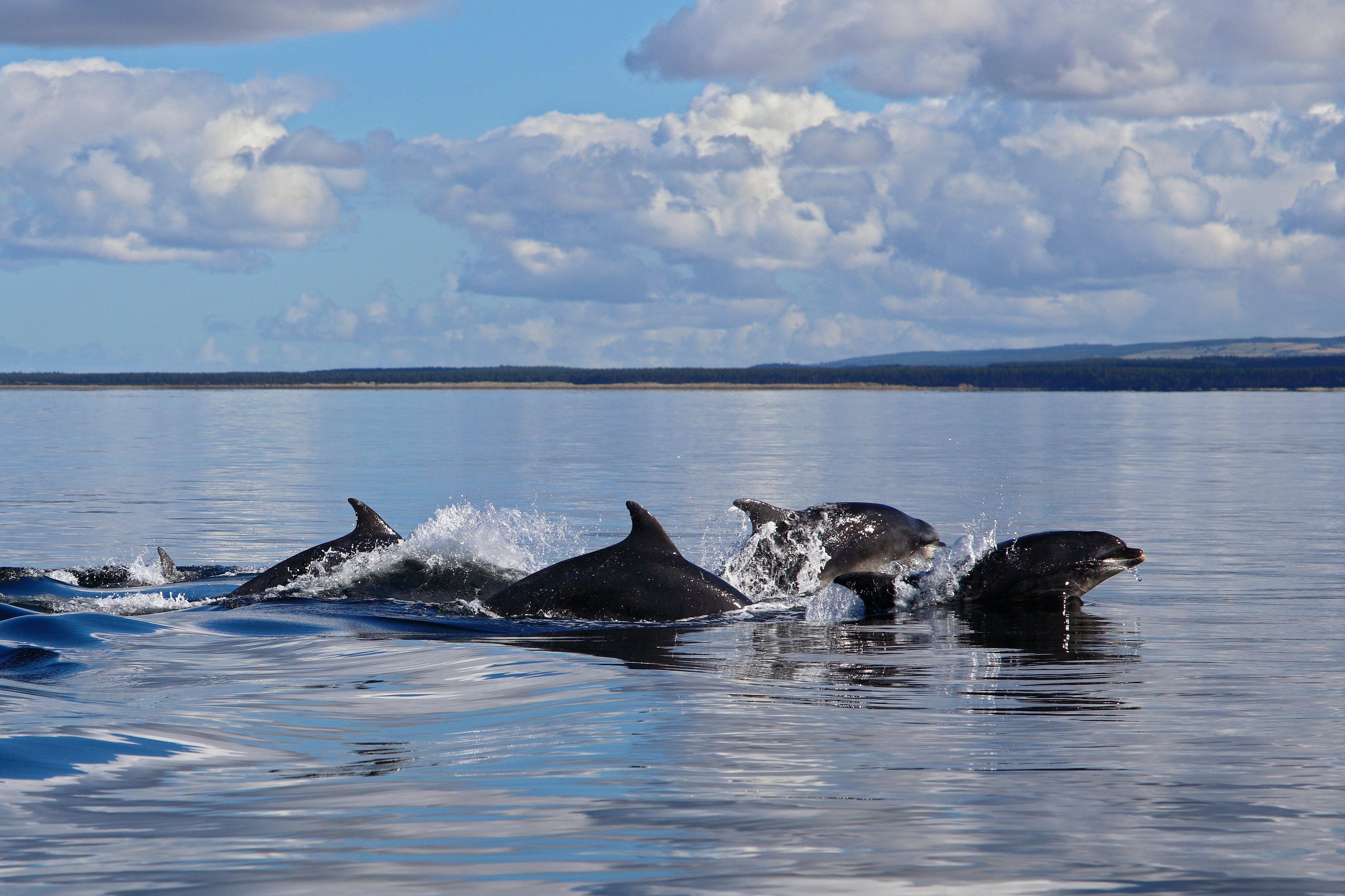
Image credit: Charlie Phillips
What has been one of your proudest achievements at WDC?
The establishment of the beluga sanctuary for ex-captive whales was a major step forward in the campaign to end captive dolphin displays. It was some 25 years in the making and shows that an idea that came from a simple conversation between a few people dreaming of the impossible, can lead to remarkable things. Being committed to a process and a partnership, which some external to WDC to say were apprehensive of, to say the least, has required some resilience and absolute commitment to the vision by the WDC team.
But it’s been worth it. It marks the moment when the captive display industry knew that the writing was on the wall and that they needed to change. I hope the history books will see this as the moment the tide of opinion shifted.
I would have to also say it's seeing the progress of the team that has made WDC what it is over the years. Some of whom have moved onto other organisations, but all of whom have taken forward the values they absorbed and helped shape WDC, into their new roles, and that legacy has become a resonant signal running through the cetacean protection movement.
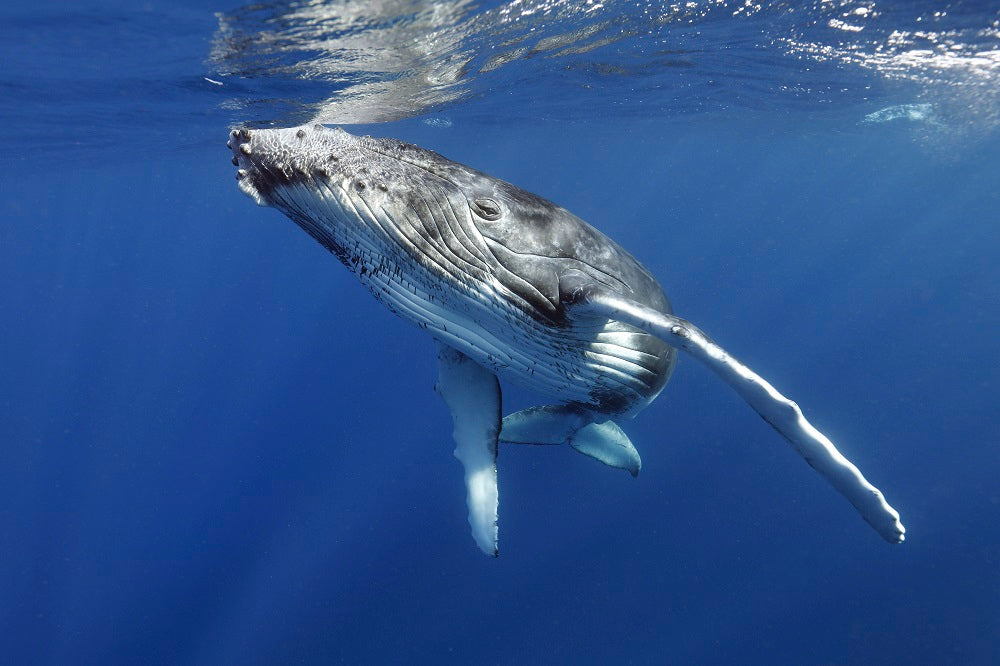
Image credit: V Mignon
Why is it so vital to protect whales and dolphins?
Firstly, I would have to say that these are remarkable creatures; they are very like us in many ways, and in many ways, they are very different to us. It’s both these similarities to us as mammals, and their intrinsic differences to us that make them amazing; being highly social species that have learned to co-operate and live in highly developed social units whilst being individuals, makes them incredible.
This intrinsic right to life is the first reason why we should protect them.
Secondly, we have lost some 80% of the biomass of whales and dolphins because of human activity. But it is now becoming clearer that the world’s whales and dolphins have been playing a crucial role in assisting the Ocean in absorbing the excess carbon we have been negligently pumping into the atmosphere for centuries. It turns out they have been allies in our fight against the climate crisis, despite every cruel thing we did to them.
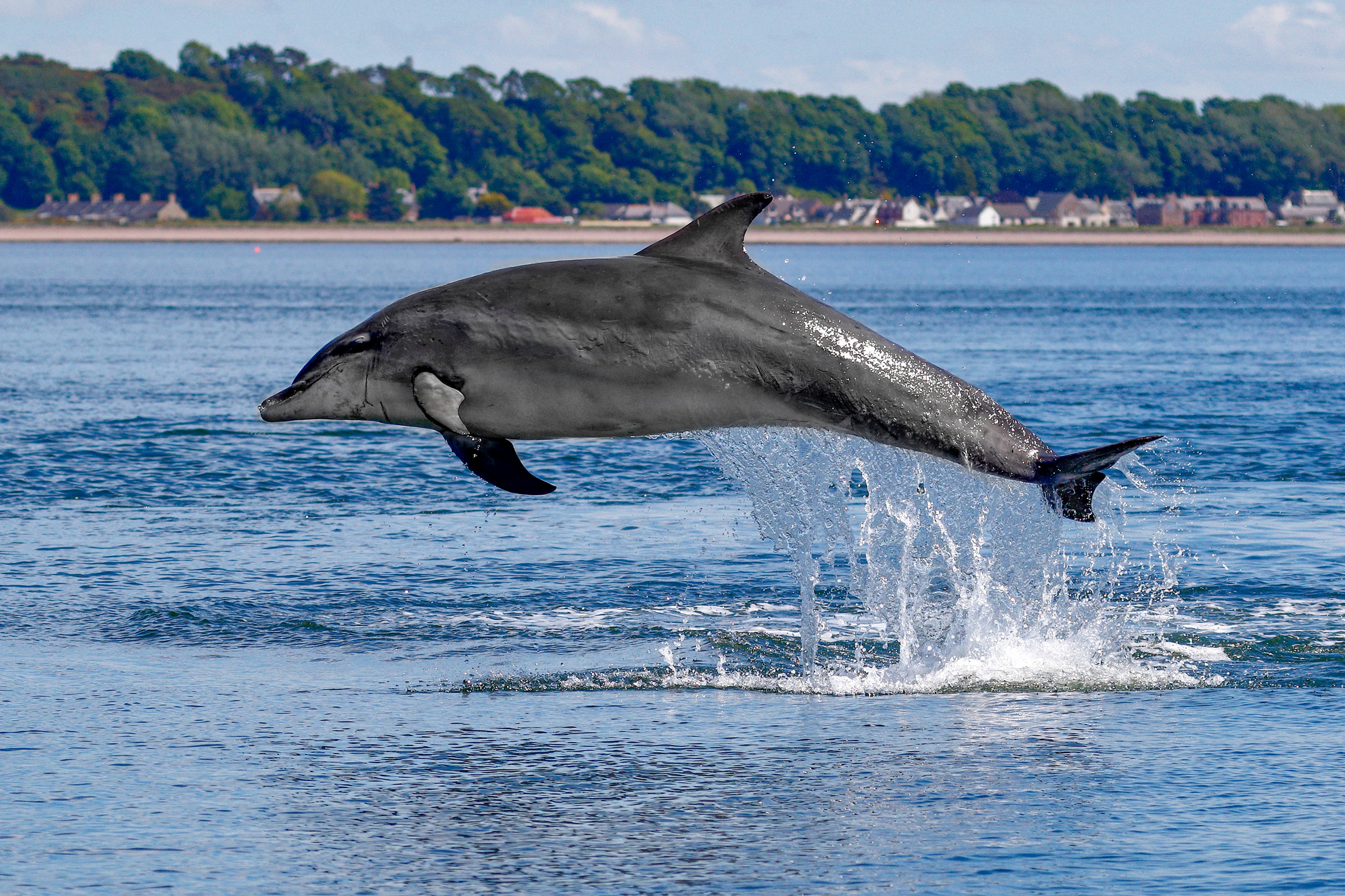
Image credit: Charlie Phillips
Whales are also known to be so important to the environment, they capture tonnes of carbon from the atmosphere, but what other benefits are there that people may not be aware of?
Ralph Chami of the IMF calculated that whales off the coasts of Basil and Chile were worth an average of $2million plus. Some 73% of this was down to their direct and indirect climate crisis impact in sequestrating carbon dioxide, but the other 27% was done to the value they generated through ecotourism and also their impact on increasing fish productivity.
In the 19th Century, Norwegian fishers believed that the fin whales helped bring fish in towards the coast of Norway, and they even burned down early whaling stations to try and protect the whales.
It turns out that whales can be valued for a whole series of ecosystem services as well as being wonderful creatures that enrich our lives by simply existing.
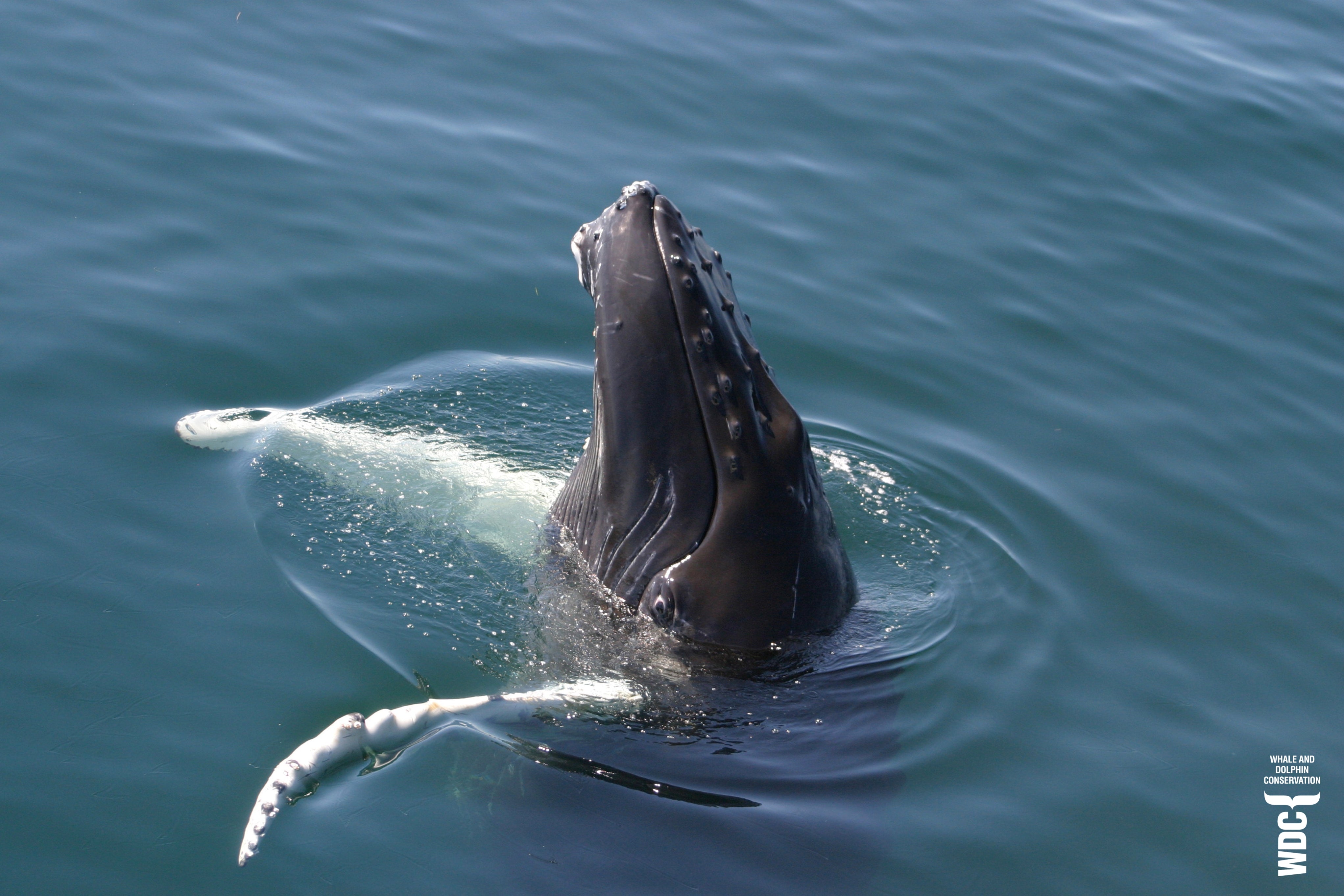
Image credit: Whale & Dolphin Conservation
What can people do at home to help with the conservation of whales and dolphins?
They can, of course, support WDC to carry on the work we do, but there are many choices that people can make on a daily basis that makes a real difference. Make a commitment to eradicating the use of single-use plastics and you will be helping to stop the damages to whales through ingestion and as transporters of heavy metals and chemicals.
Many of us are having deliveries at the moment and we can choose to ask our suppliers to not use plastic bags and containers. If we all did this, it would make a huge difference. Let’s definitely give up our addiction to single-use plastic water bottles and use tap water and take some of the time we have at home at the moment to think about the changes in our lifestyles we could make as we come out of lockdown.
We have all reduced our carbon footprints because of these formalised restrictions, but take a look at an audit of your own life and set yourself a target to reduce your own carbon use. Governments are signing up to reducing their impact over the next ten years, so why can’t we do the same?

Image credit: Dr Cara Miller
If you could change one thing right now for all whales & dolphins in the world what would it be?
That all countries and peoples could realise that they are a ‘global good’ and allies in our fight against climate change. If people could value whales and dolphins as such, our financial sector, insurance companies and governments would be moving mountains to eliminate whaling, captures and bycatch.
Do you have any fun facts about whales for us?
- Newborn blue whales weigh 1360 kg - practically the weight of a small car. Thanks to mom's extremely fatty milk, they put on 90 kg every day.
- Many dolphins have signature whistles that they use to contact other dolphins, but in some species, an individual will use a variation on their name when using it themselves. That is, when a dolphin is calling their friends who know him as William, he may use the sound for ‘Bill’ to show that it's actually him that’s signalling.
- A dolphin called Kelly held in captivity in Mississippi was one of a number of dolphins used to clean their tanks of rubbish that had been dropped in, or had blown in, during the day. The dolphins were rewarded with extra fish for every piece of rubbish they brought into their trainers. Of all the dolphins, Kelly seemed to repeatedly bring in more rubbish than any other dolphin and, subsequently, was getting more rewards. Intrigued, the trainers finally watched the dolphin’s behaviour and finally noticed that Kelly was actually collecting the rubbish, hiding it out of sight and then tearing it up into smaller bits in order to maximise the rewards they received.
Clever, smart, whatever you want to call them; whales and dolphins are simply an amazing group of fellow creatures deserving of our protection wherever they may be found.
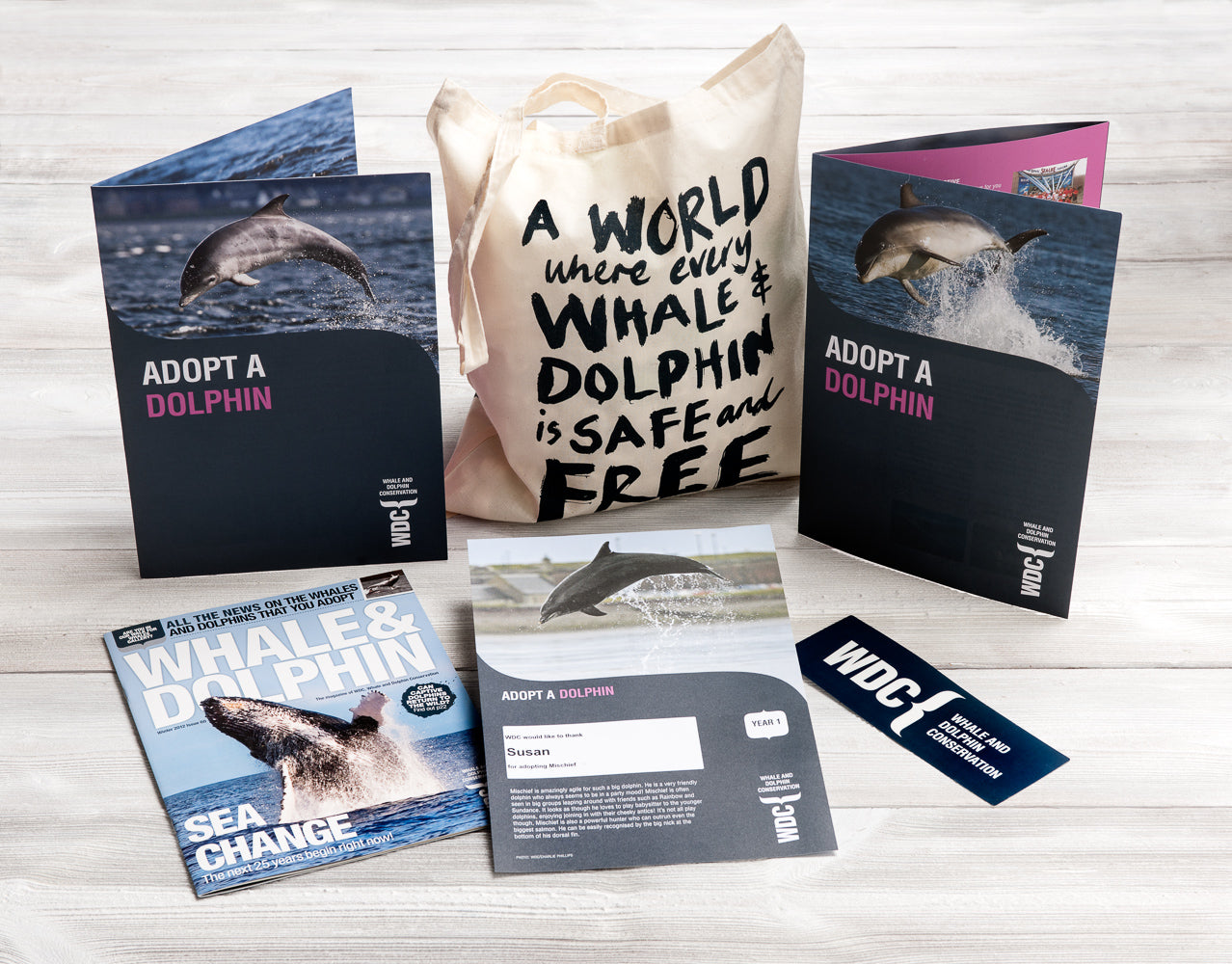
You can adopt a whale or dolphin and help support the WDC here! We really hoped you enjoyed reading all about the amazing work the WDC do.
Have you seen Sophie's Whale collection, featuring her beautifully illustrated Orcas, Blue Whales, Sperm Whales and Humpback Whales? Take a look and let us know what you think in the comments below.

